
In 2014, fans of Girls' Generation woke to the shocking news that Jessica, one of the nine members of the globally popular K-pop girl group, had left the team. This news caused a frenzy of rumors and speculation, and rightfully so. Girls' Generation had quite literally defined an entire generation of K-pop (and still do to this day)†and were often named as the top girl group in Korea. Her departure from the group, therefore, was not only heart-breaking†but also extremely shocking to many fans.
Soon after, rumors and speculations spread like wildfire. Some accused the members of bullying Jessica. Some blamed Tyler Kwon and Jessica's relationship with him for the departure. And some blamed her fashion business. Amidst all this, Jessica left SM Entertainment a year later, in 2015. And in 2016, Jessica, under her new label Coridel Entertainment, released her first solo album, 'With Love, J,' and her title track, "Fly," was met with enthusiasm from her waiting fans.
This story is all too familiar to those of us who have followed Girls' Generation. However, one question that we still do not have a definite answer to is: Why have we not seen Jessica more on TV? Not only has her appearance on major channels in Korea been seriously limited, but she has not appeared on a single major music show since her departure from SM. In fact, Jessica gave a cryptic answer to a fan's question regarding her music show appearances in the past, but her answer left more questions than answers.
Her cryptic answer had me wondering about the current state of contracts of idols and their agencies. What is more interesting to me about Jessica's case is that her departure from SM Entertainment did not involve a lawsuit, much like the legal proceedings with TVXQ in 2009 and with EXO in 2014, which resulted in members of the group leaving both the group and the company. Rather, Jessica's departure was just that Ė her contract with SM Entertainment had expired and she simply did not renew (for obvious reasons).
Granted, there may be more complications to the contract that Jessica had with SM and Girls' Generation than we let on. Still, the fact that a contract with an agency had the power to suppress Jessica's appearance on music shows raises the question of whether idol contract wields too much power despite existing regulations.
In 2017, the Korean Fair Trade Commission, through their investigation of entertainment agencies like SM Entertainment, YG Entertainment, and JYP Entertainment, revised the clauses that applied to idol contracts. These clauses mostly involved cancelation of contracts, from the financial implications to the legal implications. This follows another major change to the contract regulations that was made in 2009 after the TVXQ lawsuits, which limited the length of these contracts to 7 years, rather than the 13 years that had originally been the limit.
These changes, while welcome, have been criticized for not being extensive enough for other issues. Until the 2017 revisions to idol contract regulations, agencies like JYP, Cube, and DSP†Media†had prohibited idols from signing with other agencies even after their rightful termination of contracts with the former agency. Others like SM and DSP Media were found by the Fair Trade Commission to have terminated contracts on abstract grounds, such as "moral" reasons. What is concerning is that without complete transparency from the companies that foster and develop the global artists and idol groups, it is all up to speculation on what these contracts involved in the present.
While the idea of "slave contracts" comes up less often in conversation nowadays, conversations among fans and industry insiders indirectly imply the power that agencies and contracts still have to this day. For example, talks about TWICE's relentless, exhaustive comeback schedule imply an equally unforgiving contract (or JYP Entertainment's efforts to grow as aggressively as possible as a company). Fans' complaints about idols'†inactivity like that of Jeon So Mi, who recently left JYP Entertainment without ever officially debuting, reveal the company's ability to suppress activities even after her various successful promotions following 'Produce 101'. Unstated reasons for groups like f(x) who have been inactive since 2015 and social media posts from its members like Amber spark conversations and speculations of companies holding these idols "hostage" until their contract expires.
While it is important to consider the level of investment required for these companies to properly raise a successful group, let alone the years of training, mentorship, and development needed to debut a new group or artist, it is concerning those companies can still have so much power over the lives and careers of idols. It becomes especially concerning when this power can be abused to a point where it suppresses the artists' expression of their work. Jessica's inability to perform on music shows, whatever the reason, has clearly stifled her solo career. Even if they allow the artist to perform just one song, music shows like SBS 'Inkigayo' or KBS 'Music Bank' offer the artist's opportunities to promote their music via a medium that has extensive reach both domestically and internationally. Not only that, but the music shows also allow artists to connect with their fans that are beyond the official concert setting. With 6 music shows currently airing every week, it is obvious that this suppression of promotion is a huge missed opportunity.
Barring any legal complications, clauses of these contracts that prohibit artists like Jessica from performing on music shows are aggressive, unnecessary, and abusive. It shows that mega-agencies like SM Entertainment can do things like this because they can. With K-pop becoming a bigger global phenomenon every day, institutions like the Fair Trade Commission should work towards improving labor laws and regulation of entertainment companies. At the core, idols begin their journey with a dream of sharing great music and beyond with fans, and it ought not to be trampled by slave contracts or agencies that limit the expression of that dream.†
SEE ALSO: NCT WISH wins again with 'poppop' + Stellar performance on April 26th’s 'Show! Music Core'

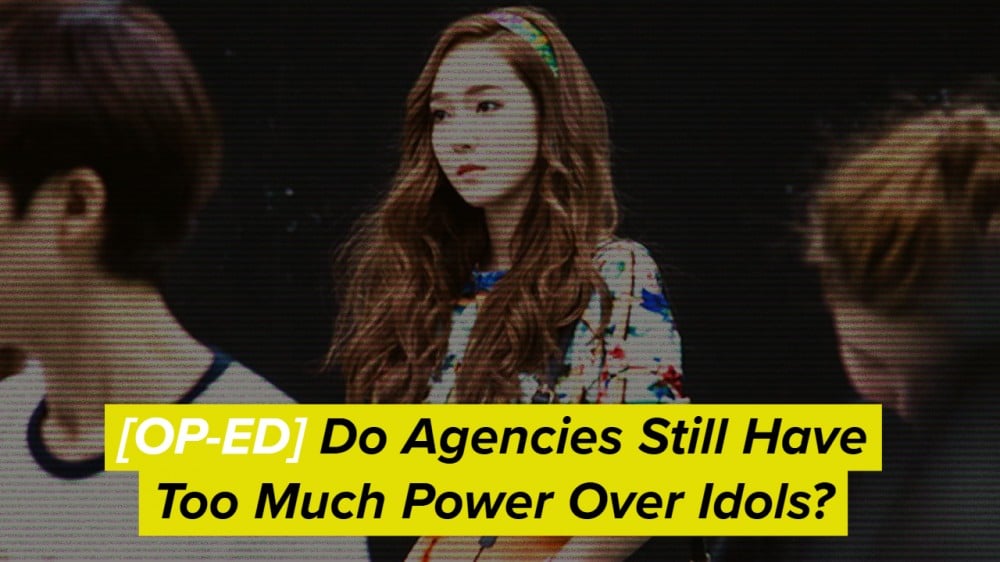
 SHARE
SHARE

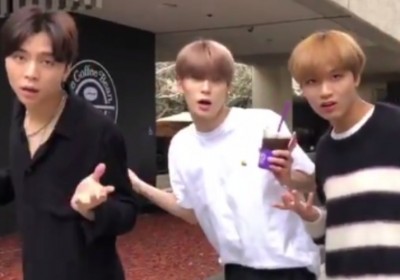
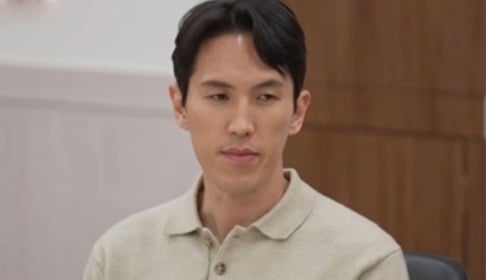
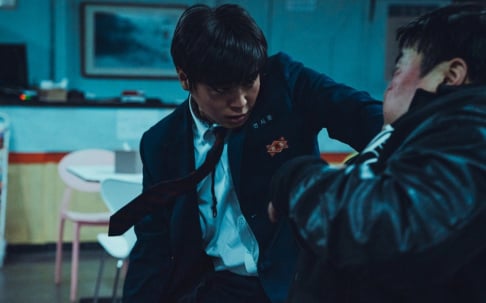
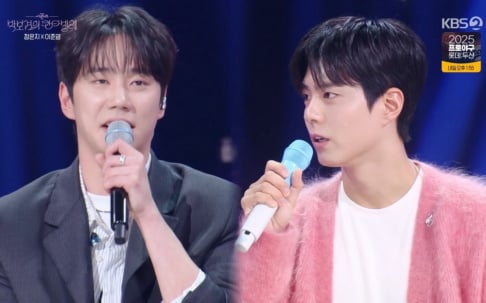

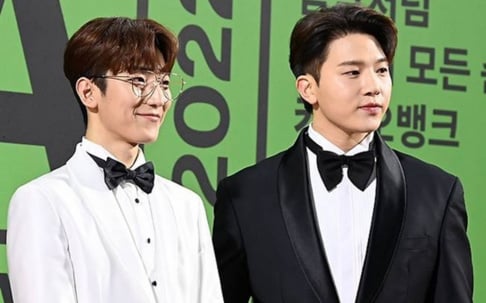
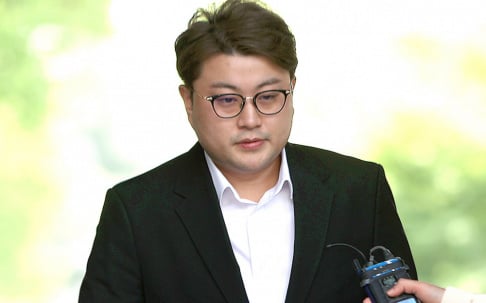

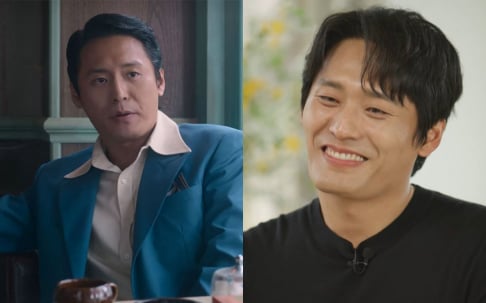
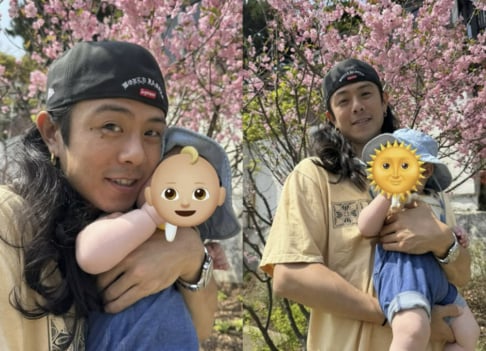

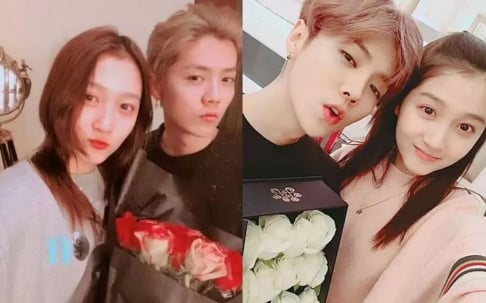



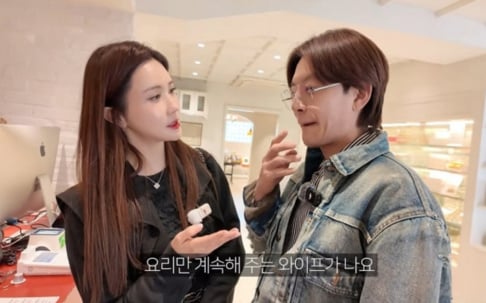

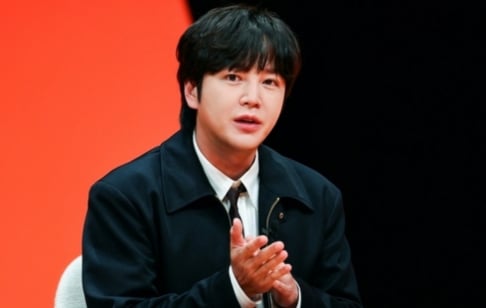
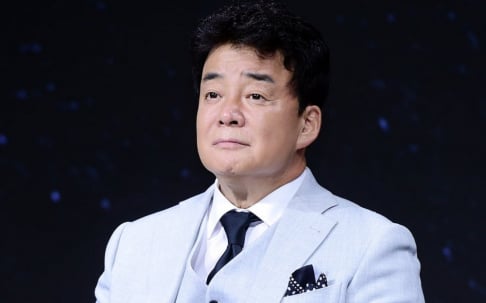
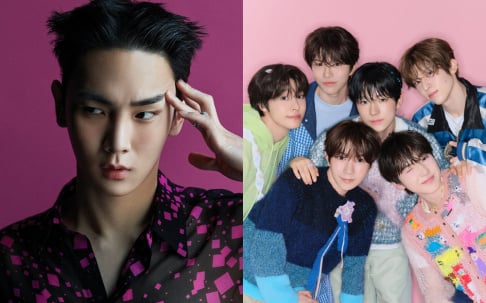
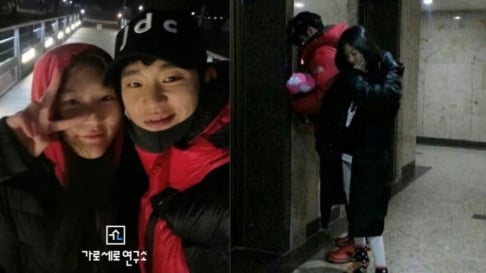



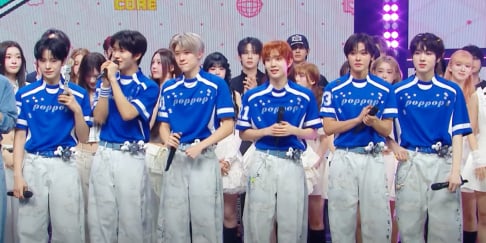

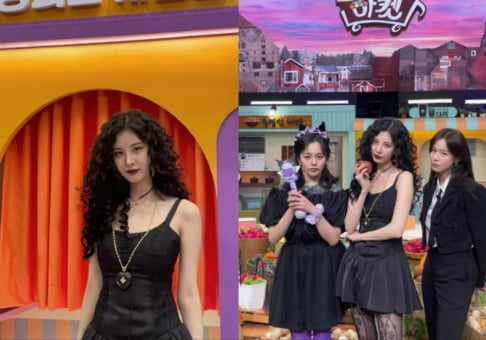

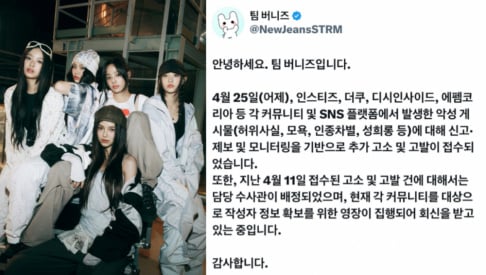

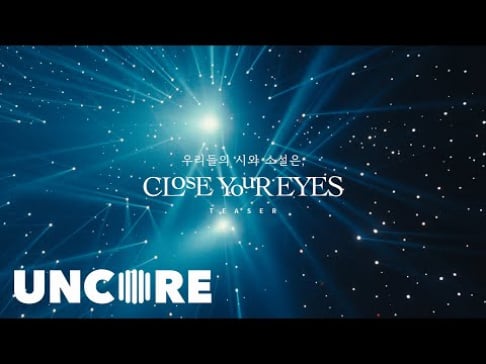


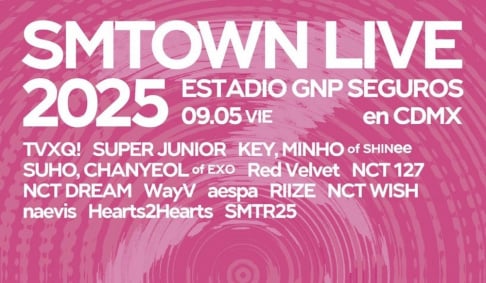
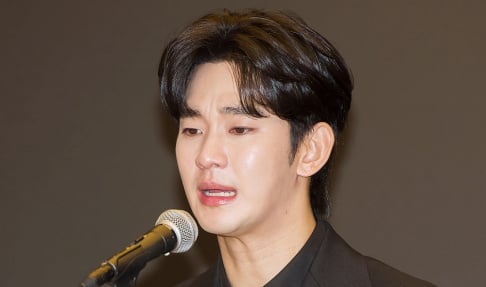
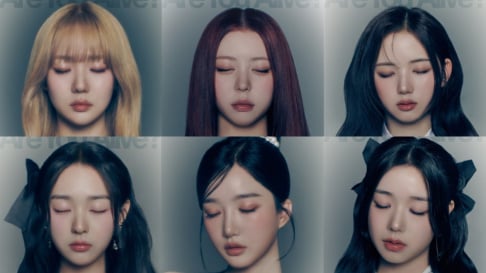

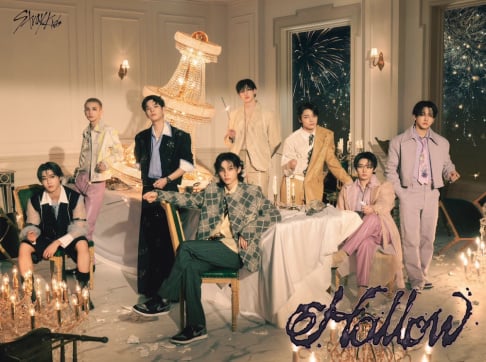
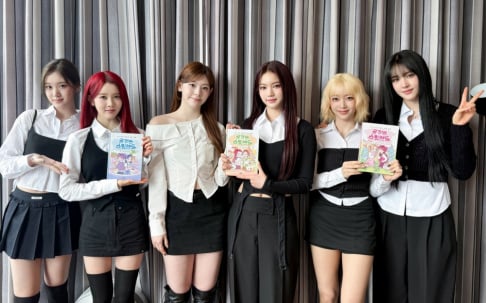







Log in to comment